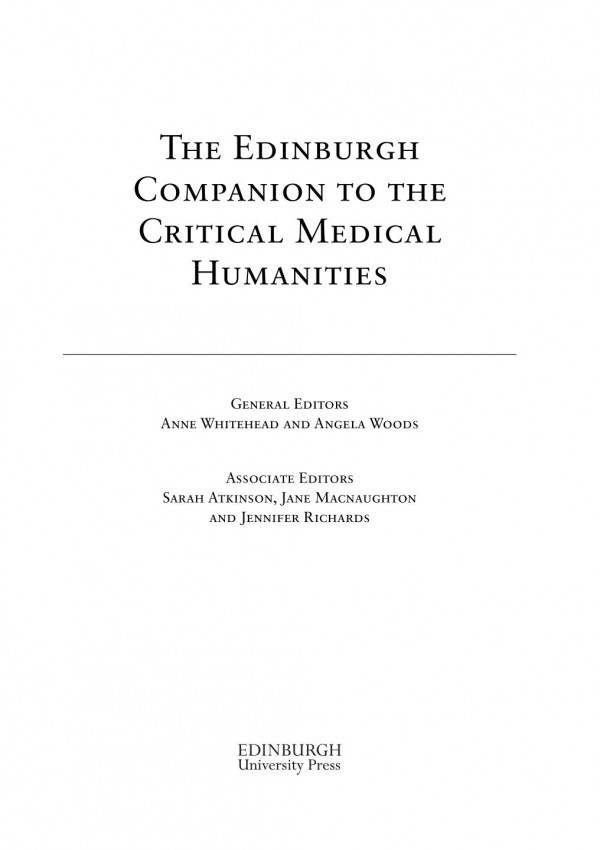

Most ebook files are in PDF format, so you can easily read them using various software such as Foxit Reader or directly on the Google Chrome browser.
Some ebook files are released by publishers in other formats such as .awz, .mobi, .epub, .fb2, etc. You may need to install specific software to read these formats on mobile/PC, such as Calibre.
Please read the tutorial at this link: https://ebookbell.com/faq
We offer FREE conversion to the popular formats you request; however, this may take some time. Therefore, right after payment, please email us, and we will try to provide the service as quickly as possible.
For some exceptional file formats or broken links (if any), please refrain from opening any disputes. Instead, email us first, and we will try to assist within a maximum of 6 hours.
EbookBell Team

5.0
68 reviewsIn this landmark Companion, expert contributors from around the world map out the field of the critical medical humanities. This is the first volume to introduce comprehensively the ways in which interdisciplinary thinking across the humanities and social sciences might contribute to, critique and develop medical understanding of the human individually and collectively. The thirty-six newly commissioned chapters range widely within and across disciplinary fields, always alert to the intersections between medicine, as broadly defined, and critical thinking. Each chapter offers suggestions for further reading on the issues raised, and each section concludes with an Afterword, written by a leading critic, outlining future possibilities for cutting-edge work in this area.
Topics covered in this volume include: the affective body, biomedicine, blindness, breath, disability, early modern medical practice, fatness, the genome, language, madness, narrative, race, systems biology, performance, the postcolonial, public health, touch, twins, voice and wonder.
Together the chapters generate a body of new knowledge and make a decisive intervention into how health, medicine and clinical care might address questions of individual, subjective and embodied experience.
Want to tweet about this book? Use #ECCMH.